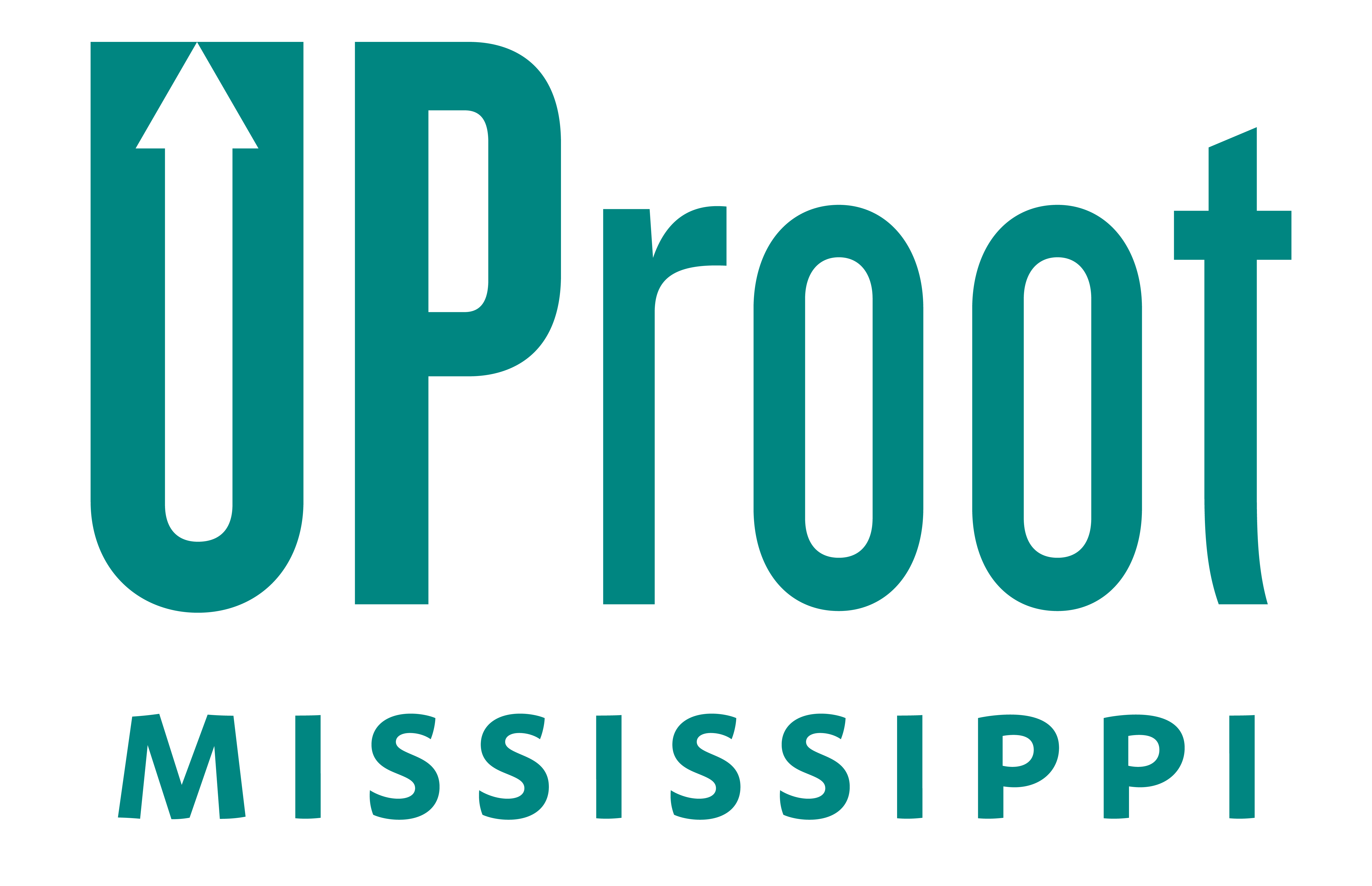When it comes to feeling better, antibiotics aren’t always the answer. Although the introduction of the drugs revolutionized the practice of medicine, the CDC reports that “20 to 50%” of antibiotics prescribed in acute-care hospitals in the U.S. are “unnecessary and inappropriate.”
So when the North Mississippi Medical Center in Tupelo, Mississippi, began educating their doctors, nurses, and other medical staff on proper antibiotic stewardship, the RN to BSN (registered nurse to Bachelor of Science in Nursing) program at the Mississippi University for Women, took up the cause as well, says nursing instructor Hannah Bascomb.
“Because they’re our community partner, we try to push things on their agenda at the same time,” Bascomb said. “Our students are already nurses. We really want to make them aware of current problems and things they need to be updated on.”

The problem with antibiotics, Bascomb explains, is a sort of cycle. Healthcare providers are writing prescriptions for antibiotics, even when they’re not needed, for illnesses that antibiotics, which only kill bacteria, can’t even help—like the flu, which is a virus. Many patients don’t know that, or demand antibiotics anyway, which if taken unnecessarily, leave them vulnerable to a host of issues.
“When (patients) do need the antibiotic, the antibiotic isn’t working, because their body has enabled the germ to mutate,” Bascomb said. People also underestimate the strength of antibiotics, Bascomb said, so they’re causing side effects—upset stomachs, diarrhea, rashes, allergic reactions, and Clostridium difficile colitis, or C. difficile, a very serious gastrointestinal condition that can lead to hospitalization or even death.
Nurses Save Lives—and Educate Communities
The nursing program created a simple assignment for its students: create a 15-minute presentation to give to 5 non-medical professionals, an experience Bascomb says had a great impact on both the nurses and the students. “It was really surprising and amazing how many of our students weren’t aware you shouldn’t take antibiotics if you have a virus,” Bascomb said. But the student body quickly caught on, and used what they learned to educate friends and family. Almost 300 students gave their presentations to approximately 1,470 individuals representing 62 of the 82 counties in the state of Mississippi.
The success of the program speaks to the impact of well-educated and empowered nurses at every degree level. Nurses, most of whom are RNs, make up the bulk of healthcare workers. As nurses advance in degree levels, many become primary healthcare practitioners, writing prescriptions, performing examinations, and diagnosing patients—some of whom because of poverty or where they live may have extremely limited access to a doctor.
Their work impacted more than just humans, Bascomb says. “We did have some people that gave us some feedback once they heard some presentations,” she said. Those people turned out to be farmers who didn’t realize the effect of indiscriminately giving their animals antibiotics. “So we’ve had requests to get more education and resources on giving their livestock antibiotics.”
Though the nurses’ task had far-reaching impact, there’s still work to be done to make sure people use antibiotics properly inside and outside of the hospital. “Take drugs seriously and with precaution,” she said. “And trust your doctor. If your doctor prescribes fluids and bedrest and over-the-counter meds, that doesn’t mean that they have not effectively treated you. You can still get effective treatment without having to necessarily get a prescription filled at the pharmacist.”
Antibiotic Stewardship
Hospitals and schools can address the lack of knowledge of healthcare providers.
Hospitals, schools, and medical professionals can also do community outreach.
“We are hoping through this initiative of educating the lay people that that’s going to help the healthcare providers, because then the person won’t come in demanding that prescription.”
Patients should defer to professionals.
“Our population feels that they are being more educated with access to things on the internet and on television. When they advertise drugs on TV and patients Google their symptoms, they oftentimes go to their healthcare provider with their own diagnosis formulated in their mind, whether or not it’s accurate, and often put those preconceived notions in the doctor’s head or mind. The healthcare provider then feels if they don’t meet the request, then their patient’s satisfaction will go down.”
Know that antibiotics don’t kill viruses.
Antibiotics only kill bacteria.
Only take antibiotics as directed.
Don’t keep taking the ones in your medicine cabinet just because you may not feel well.
